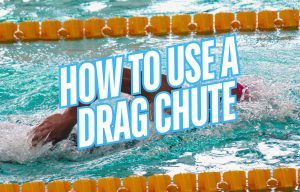
How to Use a Drag Chute for Faster Swimming
Looking for tips on how to use a drag chute for improved swim performances? Read on for some proven tips, sets, and pointers for training with a chute.
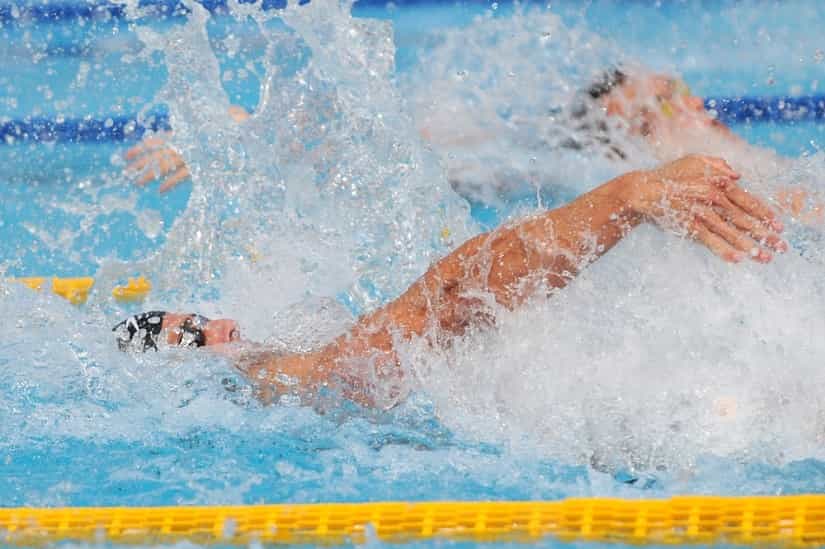
Being properly rested has always been recognized as a fundamental part of our performance in the pool. Here is what you need to know about how much swimmers should sleep.
When it comes to being a better and faster swimmer there is no easier—and dare I say more enjoyable—way to do so than by sleeping more.
For parents and young swimmers getting enough sleep is a fundamental and ongoing concern. With the onslaught of training, school, homework, stress and social commitments typically the first thing that gets cut is sleep.
Paradoxically, the increasing time demands of training also bring with it increased sleep demands for optimal rest and recovery. In other words, it’s not just adding training time that clutters up your schedule, it’s adding the corresponding sleep needed for recovery as well.
Traditionally we have been told to aim for eight hours of sleep per night. The problem with this loose figure is that it is designed for those who are largely sedentary.
Not growing, high performance athletes.
In this article, part 1 in our sleep for swimmers series, we are going to cover some research into sleep deprivation for athletes and swimmers, take a look at the research at how much high performance swimmers actually get, and show you what happens when you actually get a full night of sleep.
Even though we try to band-aid sleep debt with stimulants like pre-workouts or coffee, its effects–beyond just being miserable and grouchy–are pretty hard to ignore.
Here are some fun facts about sleep deprivation for swimmers:
Comparisons are pointless in a manner of speaking.
The sleep demands should be specific to the individual and to the training they are doing.
How much sleep you need during those heavy bouts of swimming over the holidays will be different compared to the amount of sleep you will need while in the last days of a taper.
That being said, it is always interesting to see what other athletes are doing, and there is some research that shows even elite swimmers aren’t getting the sleep they need.
Three-time Olympian Nathan Adrian is a monster in the weight room, and is known for being very process-based and thoughtful when it comes to his goals and his training.
It’s no surprise than that during his heaviest training Adrian will sleep in the neighborhood of 10-12 hours:
At training camp I’ll sleep 10 to 12 hours a day because it’s eight-plus at night, and then a two-hour nap between practices, and then whatever I can scrounge up later,” he told ESPN during an interview for the body issue. “It’s amazing. But, it’s very necessary.”
This kind of sleep extension, researched by Cheri Mah at the Stanford Sleep Disorders Clinic and Research Laboratory, has been shown to dramatically improve performance in the water.
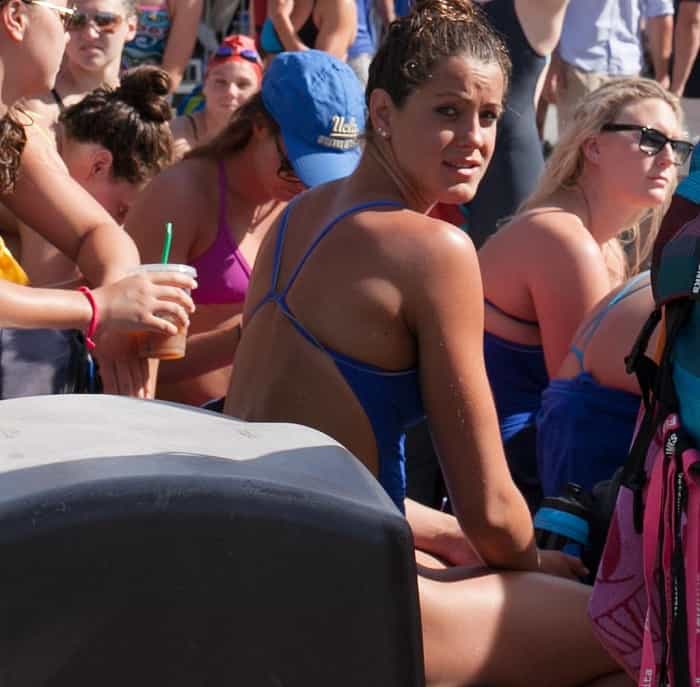
When swimmers were instructed to increase their sleep to 9-10 hours per night over a 6-week period, the results were staggering:
While for many of us being able to sleep 10 hours a night is a daydream (ha!), the benefits of getting this kind of sleep can be profound on our swimming.
Phelps, the greatest swimmer of all time, partnered up with Under Armour in the lead-up to the Rio Games to track his rest using a sleep monitoring system.
Over the 373 nights previous to the Olympics Phelps averaged 7 hours and 36 minutes of sleep each night.
Keenan Robinson, USA National High Performance Director and Phelps’ long time physical trainer (who I recently collaborated with on this article on fixing and preventing breaststroker’s knee) noted that being able to track his sleep—and get under the hood of how much Phelps’ was actually getting—helped plan their training better.
“What it helped us do is set up a weekly training schedule more appropriately,” Robinson told Fortune after the Olympics had wrapped up.
This meant being able to better navigate morning workouts, something even top swimmers in the world have a hard time getting enough sleep for.
In a study published in the European Journal of Sport Science a group of elite swimmers from the Australian Institute of Sport had their sleep monitored during a training camp in preparation for the 2008 Beijing Olympics.
On the night before morning workouts the swimmers were averaging a paltry 5.4 hours of sleep, while on days where they didn’t have a morning workout the following day, or it was a designated rest day, the swimmers slept just over 7 hours per night.
Sleep is one of those things we simply need. For life, and for swimming. There’s no getting around it.
Sure, the sporting culture might tell you that you can sleep when you are dead, or that rest is for weaklings, or some other bravado bull that completely ignores that sleep, and even sleep extension, are proven performance enhancers.
How much sleep swimmers need will vary according to individual circumstance. Adrian being able to sleep up to 12 hours a day is made easier by the fact he is a professional athlete, while Phelps’ 7.5ish hours per night was simply an average.
But the research is clear–if you are serious about wanting to get the most of your training and want to see outsized results, sleeping 9-10 hours per night is your meal ticket. (And yes, I know–you are too busy to sleep this much. We all are.)

Olivier Poirier-Leroy Olivier Poirier-Leroy is the founder of YourSwimLog.com. He is an author, former national level swimmer, two-time Olympic Trials qualifier, and swim coach.
✅ Free shipping on Orders over $49
✅ Price Match Guarantee
✅ Best selection of gear for training and competition
✅ Fast and Easy Returns

“This is the best book I have ever seen concerning mental training.” — Ray Benecki, Head Coach, The FISH Swim Team


Looking for tips on how to use a drag chute for improved swim performances? Read on for some proven tips, sets, and pointers for training with a chute.

Ready to take your swimming to the next level? Here are seven ways that a drag chute can help you become a better and faster swimmer.
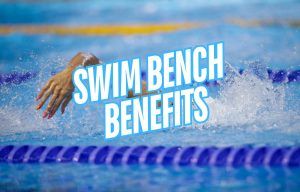
Wondering if a swim bench can help improve your swimming? Here are six benefits of swim benches for better technique, more power, and faster swimming.
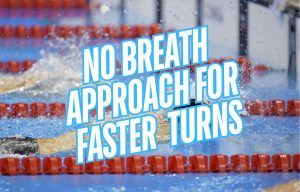
Not breathing into the walls is one of the fundamental skills developing swimmers are taught. Here is how powerful a no-breath approach is for turn and swim speed. Strong training habits are something swimmers hear a lot about from their earliest days of their competitive swimming careers. The greatest hits
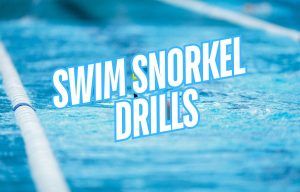
Drills with a swim snorkel are one of the best ways to maximize engagement and skill development. Here are five swim snorkel drills to try for faster swimming.

Looking to add some flavor to your kick sets and workouts? Here are some kickboard drills swimmers can use for faster swimming.
SITE
SHOP
GUIDES

LANE 6 PUBLISHING LLC © 2012-2025
Join 33,000+ swimmers and swim coaches learning what it takes to swim faster.
Technique tips, training research, mental training skills, and lessons and advice from the best swimmers and coaches on the planet.
No Spam, Ever. Unsubscribe anytime.
